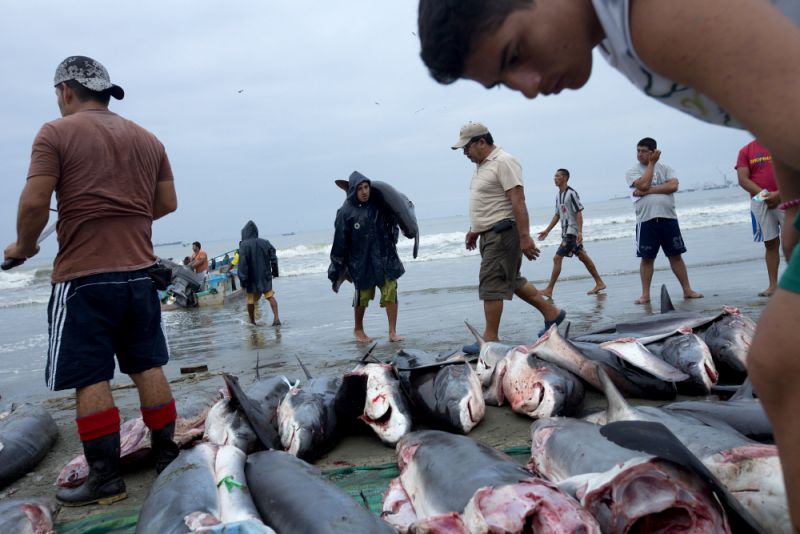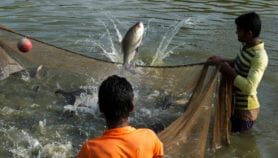Send to a friend
The details you provide on this page will not be used to send unsolicited email, and will not be sold to a 3rd party. See privacy policy.
Up to 30 per cent of all fish caught globally could be missing from official figures because of unreliable data on illegal fishing and small, local fisheries, researchers believe.
They estimate that around 109 million tonnes of fish are caught each year, compared with an official total of 77 million tonnes reported in 2010 by the Food and Agriculture Organization (see graphic).
Fish catch weight also fell by 16 per cent from the mid-1990s through overfishing despite global efforts to control fisheries and manage fish stocks sustainably, say the authors of the study, which was published in Nature Communications on 19 January.
“Many people in developing countries rely on fishing for jobs and subsistence.”
Daniel Pauly, University of British Columbia, Canada
This is because most countries focus their reporting on industrial fishing and so neglect small fisheries, subsistence fishing and illegal fishing, the research found.
“Hundreds of colleagues from around the world collected data from academic literature, local fisheries experts, fisheries law enforcement and records such as documentation of fish catch by tourists,” says study coauthor Daniel Pauly, a researcher at the University of British Columbia in Canada.
His colleague Jaime Mendo Aguilar, a fisheries researcher at Peru’s National Agrarian University — La Molina, says the work will help governments and scientists rethink their statistical models for fisheries. Mendo, who reconstructed Peru’s fish catches for the paper, says the problem of underreporting could be easily tackled if developing countries collected their data locally, rather than relying on reporting to a national agency.
The study also found that the global fish catch appears to be declining faster than estimates based on industrial fishing indicate, suggesting that subsistence fishers may be hit harder than commercial operations by the fall in the amount of fish in the world’s oceans.
With improved data, governments could make better decisions on how to manage their fishing industry sustainably and protect subsistence fishers who cannot afford to travel far out into the ocean or buy expensive high-tech equipment to chase ever-scarcer fish, adds Pauly.
“Many people in developing countries rely on fishing for jobs and subsistence,” he says. “With better data, fisheries will be better able to protect this way of life.”
Ellen Pikitch, a fish conservation researcher and professor at Stony Brook University's school of marine and atmospheric sciences in the United States, says the paper flags up the need to better understand catch volumes and the needs of small fisheries and subsistence fishers.
“This is especially critical for developing countries, many of which are highly dependent on artisanal and subsistence fisheries as their main or sole source of protein,” she says.
References
[1] Daniel Pauly and Dirk Zeller Catch reconstructions reveal that global marine fisheries catches are higher than reported and declining (Nature Communications, 19 January 2016)
[2] The state of world fisheries and aquaculture (FAO, 2014)















